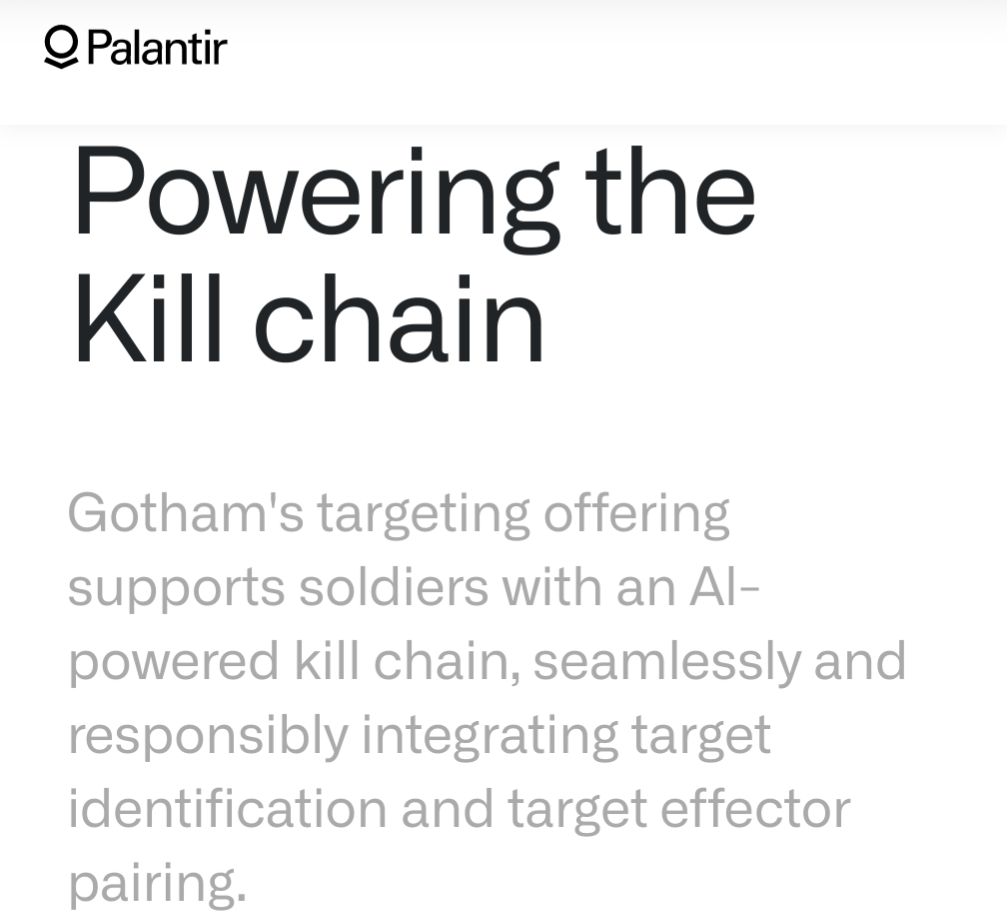

So, I definitely think that society has a tendency to want to “fix” behavior traits that are difficult or annoying, but I think there are also a lot that are actually problematic.
For example, with my ADHD, I get stuck doing stuff I don’t like doing at the expense of stuff I do enjoy. Just last night after my meds wore off, I got stuck watching YouTube videos of mediocre standup comedy instead of leaning over a bit and grabbing my book that I’m extremely into and very much want to find out what happens.
The definition I like most, which isn’t out of whack with what the standards tend towards, is something that’s:
- a measurable or observable set of behaviors
- causing distress to the individual
- or causing development difficulties in children
- or causing objective material harm to the individual or others
If it’s causing the individual stress, or it’s clearly causing problems in their life, it’s something that should be addressed. Sometimes the easiest way to address it is just an environmental accomodation, like self directed learning, a pair of headphones, or permission to excuse yourself for a moment. I had a workplace unknowingly (to me and to them) accommodate me by putting down some anti fatigue mats where I would pace to a comical degree every day.
A big issue in my book is that disorder is an overloaded term. Colloquially disorder means “broken”, and it doesn’t mean that clinically.
A person with a learning disorder who can be helped by putting them in a more self directed learning environment still has a disorder that needs accomodation because they’re not performing to the standards of their peers.
There’s also a distinction between “mental disorder” and “neurodevelopmental disorder”, with the disorder of mental disorders being the biggest one associated with the word “disorder”.
I think it’s good that people like you ask these questions, because that’s part of what helps push society towards an understanding that many of these disorders are really just a very wide spectrum of differences from a rough average, and that our world needs to just be a little more flexible for people who do it a little different. It’s caused a lot of more modern primary education systems to be more flexible and trained in the benign accomodations that some kids need, for example. (My nephew also has ADHD and he’s having a much better experience in school than I did, of only because they were like “some kids with ADHD just have terrible handwriting, instead of endless drills, here’s your Chromebook you do all your work on now”)
In the end, I think we need to be able to categorize things in order to be able to know how to fix up people’s environments when that’s the right answer. We also need to be aware that sometimes the environment isn’t the best fix, and that a medication can be the best way to help a person.
For your example, I would say the individual has “crazy tall disorder” which has some easy environmental accomodations (Padded corners on cabinets), individual accomodations (teaching them proper lifting techniques and posture early since height and bad backs go hand in hand), and occasionally medical intervention (gentle back strength exercises, back and knee braces, closer monitoring of cardiac function for the truly extremely tall).
Categorization helps us better understand how things are related, what the bounds on the spectrum are, and what accomodations can be made that help the most people, and when it’s something that needs more focused attention.
It’s not the categorization that’s the problem, it’s the stigmatization or inflexibility that causes issues.







Everyone ate it too. The mockery was because
If you hate someone, anything they do can be something you use to express your hate, even if you do it to.